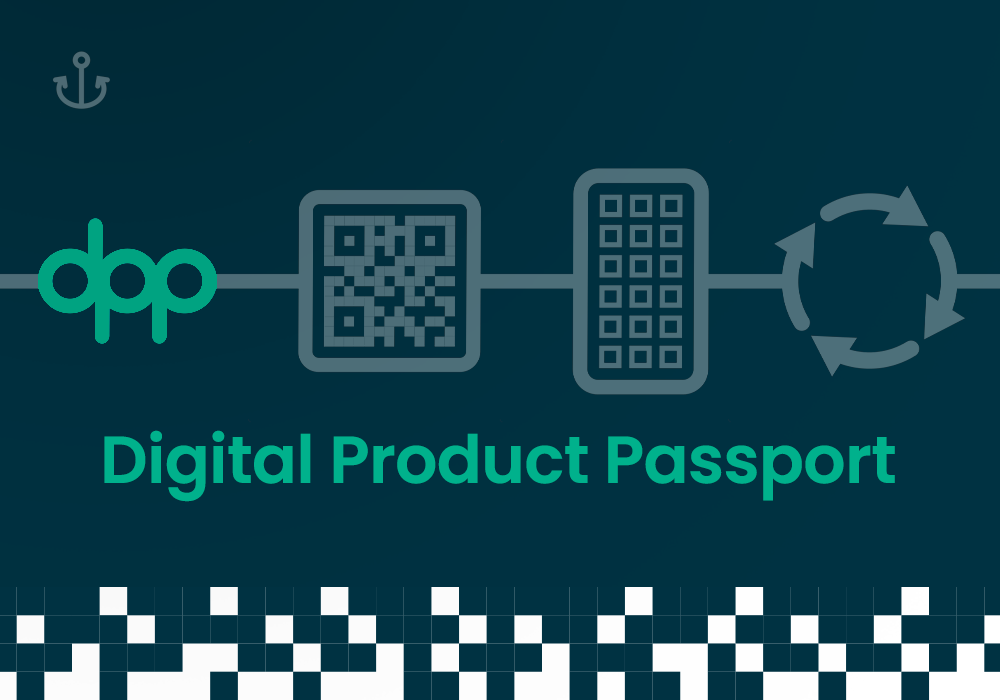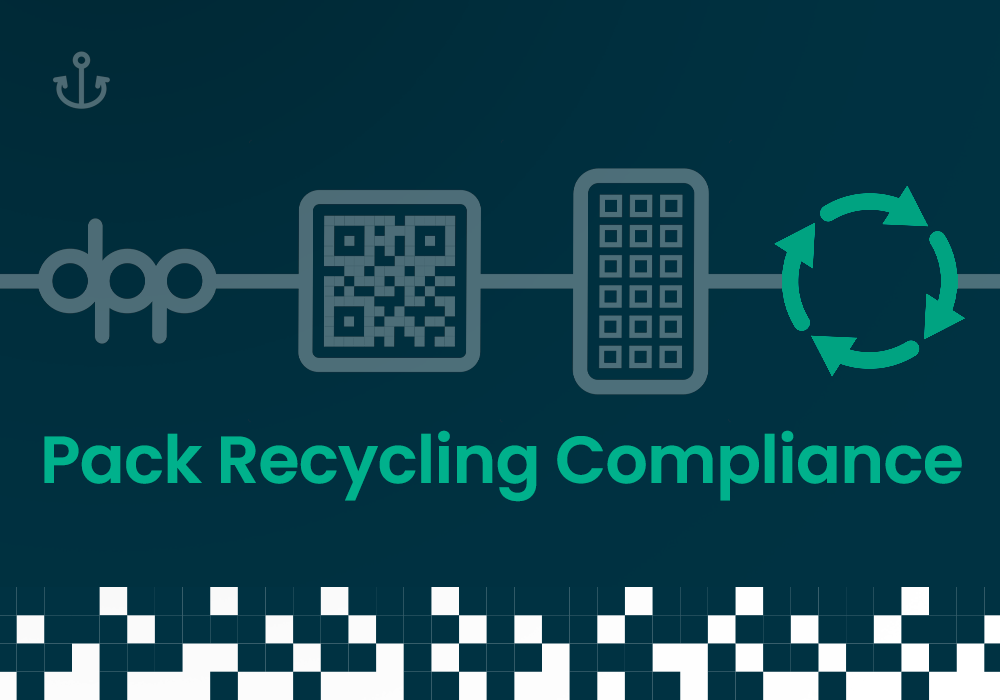Making Digital Product Passports Accessible for Smaller Brands
In today’s fast-evolving retail landscape, digital product passports (DPPs) are becoming increasingly important. With new regulations, especially in the European Union, demanding more transparency and traceability in product information, DPPs are not just a trend but a necessity. For smaller brands, however, navigating this new terrain can seem daunting. Here’s why it doesn’t have to be and how smaller brands can leverage this technology efficiently.

Understanding Digital Product Passports
A Digital Product Passport (DPP) is an electronic record that contains detailed information about a product’s lifecycle, including its origin, composition, environmental impact, and end-of-life disposal options. The European Commission’s push towards sustainability and circular economy practices is a significant driver behind the adoption of DPPs. By 2026/7, all fashion, textile, and shoe products will need to comply with these new regulations in the EU.
Simplifying the Process for Smaller Brands
User-Friendly Platforms: Smaller brands often lack the resources to develop complex digital solutions. That’s where platforms like Buyerdock come into play. These platforms are designed to be intuitive and easy to use, even for those with limited technical expertise. They allow brands to input their product data seamlessly and generate comprehensive DPPs.
Plug-and-Play Solutions: One of the main challenges for smaller brands is the perceived complexity of setting up a Digital Product Passport system. However, modern DPP solutions are often plug-and-play. Brands can quickly integrate these systems into their existing processes without needing extensive customisation or IT support.
Affordable Compliance: Compliance with DPP regulations can be costly, but our scalable pricing models tailored to the needs of smaller brands. This ensures that even startups and small businesses can afford to implement the legally required recycle logos in the EU and DPPs without straining their budgets.
Educational Resources: Many DPP providers offer educational resources and support to help smaller brands understand the requirements and benefits of DPPs. This includes webinars, tutorials, workshops and customer support services that guide brands through every step of the process.
Enhanced Consumer Engagement: Beyond compliance, DPPs offer a unique opportunity for smaller brands to engage with their customers. Through QR codes and other digital interfaces, brands can tell their sustainability story, provide detailed product information, and offer post-purchase support. This not only enhances the customer experience but also builds trust and loyalty.
Why Smaller Brands Should Embrace DPPs
Regulatory Compliance: Staying ahead of regulatory requirements ensures that smaller brands avoid penalties and maintain their market position.
Market Differentiation: In a crowded marketplace, demonstrating a commitment to sustainability and transparency can set a brand apart from its competitors.
Consumer Demand: Today’s consumers are more conscious of their purchases. They seek brands that offer transparency and demonstrate a commitment to sustainability.
Operational Efficiency: Having a digital record of product information can streamline supply chain operations and improve overall efficiency.
Conclusion
Digital Product Passports are not just a regulatory requirement but an opportunity for smaller brands to innovate and connect with their consumers. By leveraging user-friendly, cost-effective, and educational solutions, smaller brands can easily integrate DPPs into their operations and reap the benefits of enhanced transparency and customer engagement. Embracing this technology is not just about compliance; it’s about building a sustainable future and a stronger brand identity.






